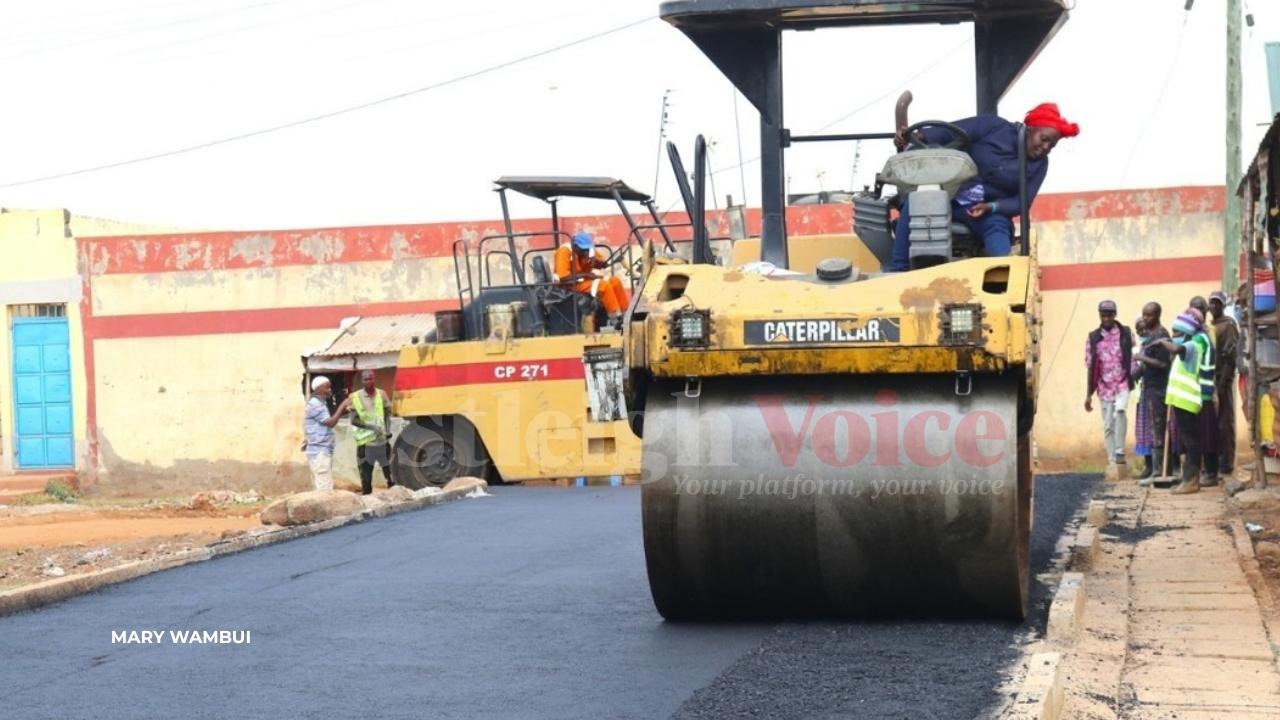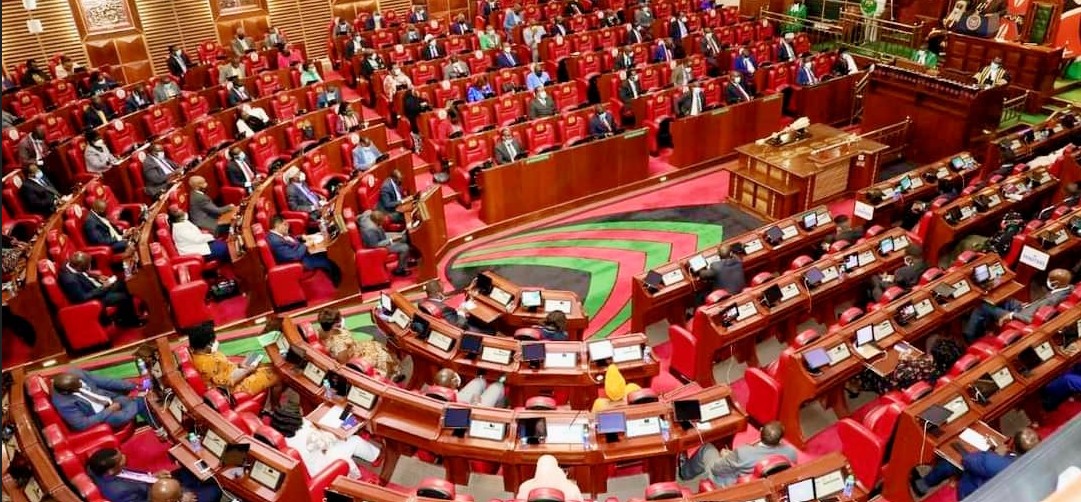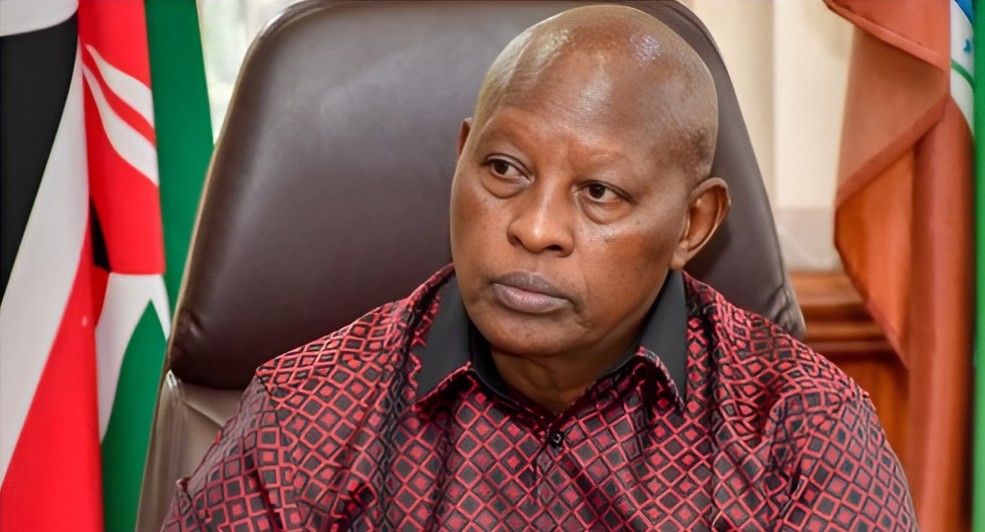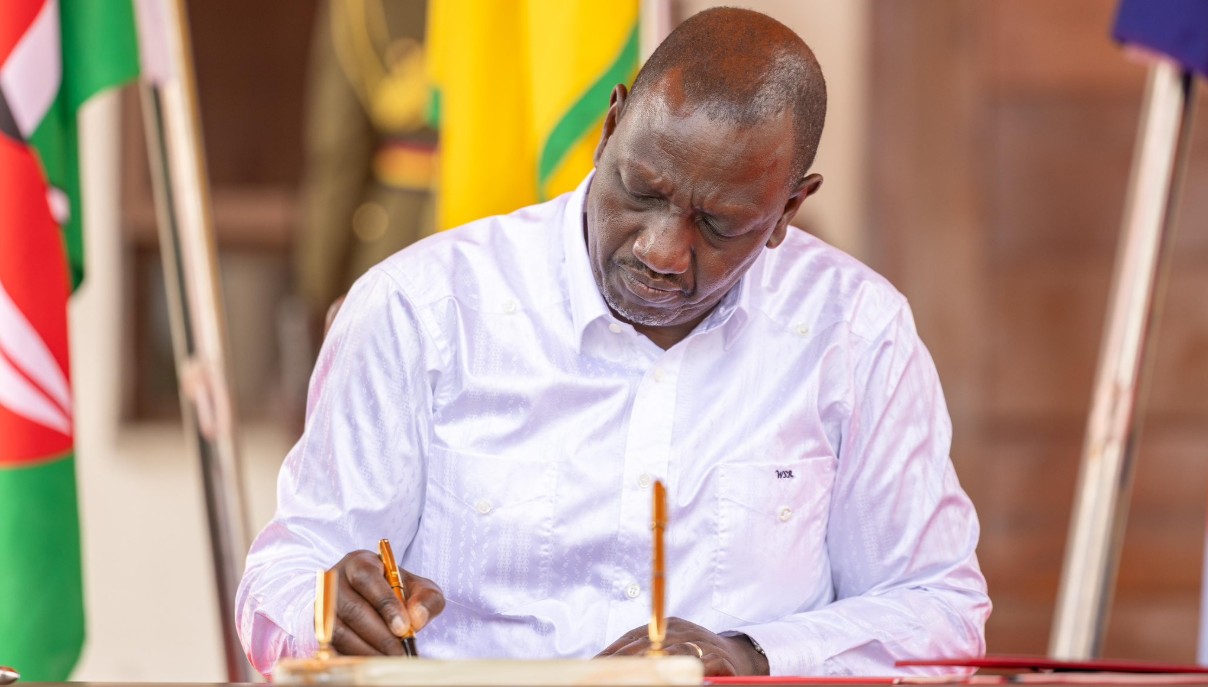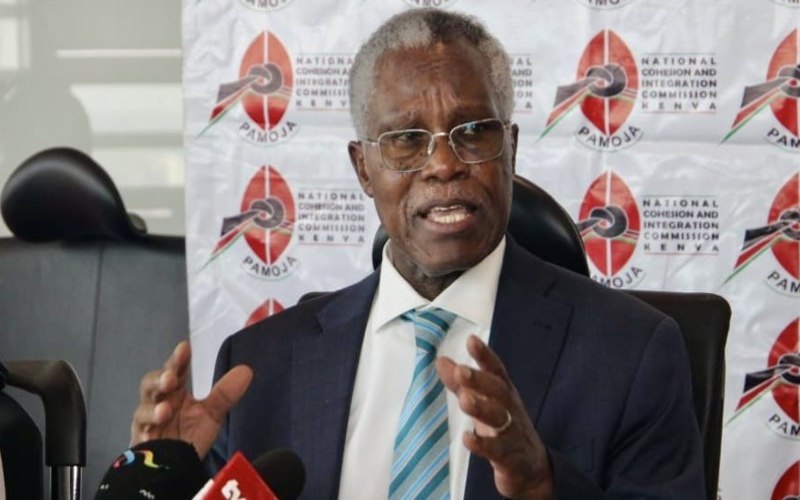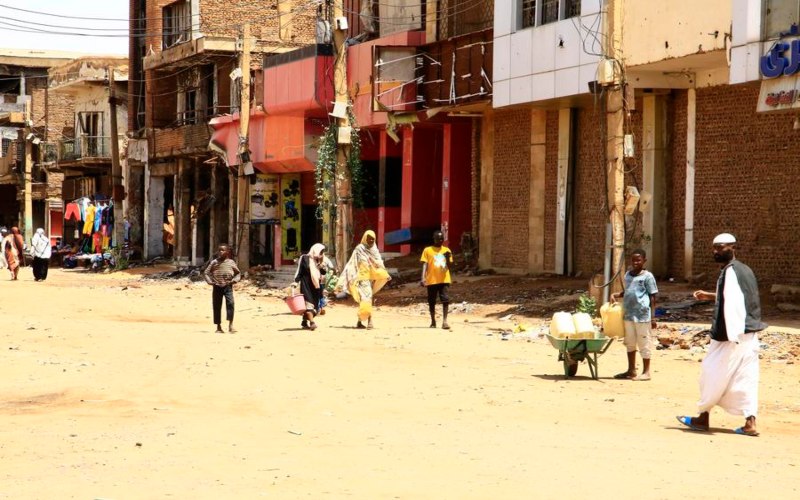NGOs report reveals increased funding as only 2,829 organisations file returns

In his statement, read by Njenga Miiri, the Principal Administrative Secretary, Interior Permanent Secretary Raymond Omollo revealed that only 2,829 NGOs filed their returns last year.
Non-Governmental Organisations (NGOs) funding increased in the last financial year 2022/2023, as more shunned government directives to file returns and annual reports, the Annual NGO sector report shows.
The report unveiled on Tuesday at the start of the annual NGO week shows that less than half of non-profit organisations registered in the country are engaged in transactions that can be traced by the government.
More To Read
- Public viewing for Raila Odinga at Mamboleo extended
- KPA declares 80 per cent waiver to clear long-stay cargo at Mombasa Port
- KRA announces scheduled eight-hour downtime for customs system
- KRA sets 30-day deadline for clearing goods at Nairobi depot
- NG-CDF faces fresh headwinds as KRA moves to recover Sh2 billion tax arrears
- New Bill proposes Sh5 million fine for false wealth declarations in State appointments
In his statement, read by Njenga Miiri, the Principal Administrative Secretary, Interior Permanent Secretary Raymond Omollo revealed that only 2,829 NGOs filed their returns last year.
He said these organisations spent Sh197.9 billion of their funding on projects during the period under review.
"This represents a 12.4 per cent decrease from the previous financial year, highlighting the need for growing the strength of the partnership between the government and NGOs," said PS Omollo.
In the previous financial year, a total of 3,005 NGOs filed their returns. During the 2022/2023 financial year, the PS directed NGOs to align their activities with the Bottom Up Economic Agenda of the Kenya Kwanza government.
The annual NGO sector report shows NGOs allocated sectors such as health, education, welfare, Agriculture, water and sanitation amongst others aligning with the directive.
Others went to disaster and emergency response following the recent flooding situation in the country that claimed lives, left others displaced disrupting normal activities in various parts of the country.
"NGOs played a vital role in supporting the government to alleviate the crisis," added PS Omollo.
Since the NGO board was established, it has registered 12,643 organisations, including 482 that were registered in the 2022/2023 financial year alone.
"It is concerning that many NGOs failed to meet their obligations regarding the filing of returns and compilation of reports with the government. Despite having over 10,000 active NGOs, the actual contribution of this sector to the economy remains unclear due to these reporting deficiencies," noted the PS.
He consequently directed the Public Benefits Organisations Regulatory Authority to take firm action against the non-compliant organisations as per the law, including deregistering those that have not filed returns for long.
In the financial year covered by the sector report, the sector experienced a 14.4 per cent growth, signalling a recovery after the COVID-19 pandemic. This is despite a fluctuating trend in funding to the sector over the last decade.
While Nairobi, Kisumu and Nakuru accounted for the largest share of the NGO projects, Lamu, Kirinyaga and Bomet accounted for the counties with the least projects.
Danish Refugee Council, Peace Winds Japan, Windle-International Kenya, Refugee Point International and Filmaid Kenya accounted for the largest funding to disaster and relief activities in the country.
The majority of the NGOs' funding came from affiliate NGOs, foundations and trusts, foreign government agencies, the UN and through self-generation activities.
Leading continents in terms of contribution to the NGO sector in Kenya were North America, Europe and Africa.
Top Stories Today
